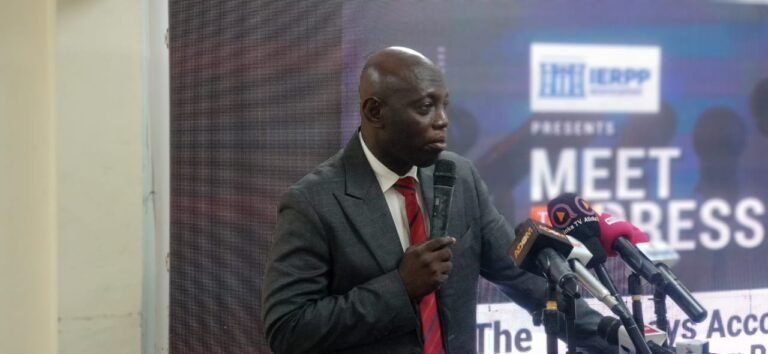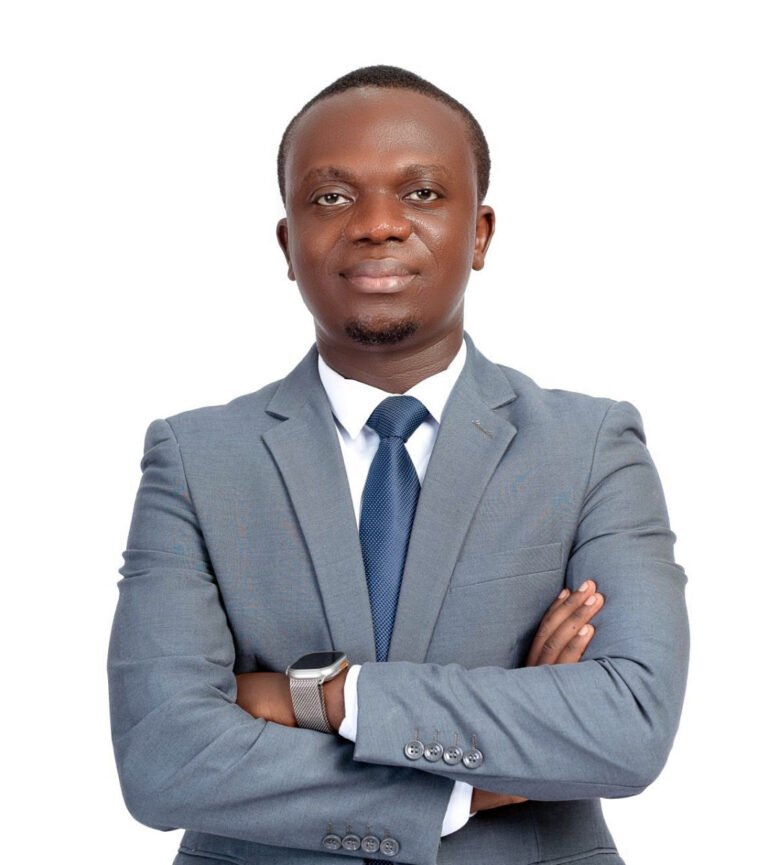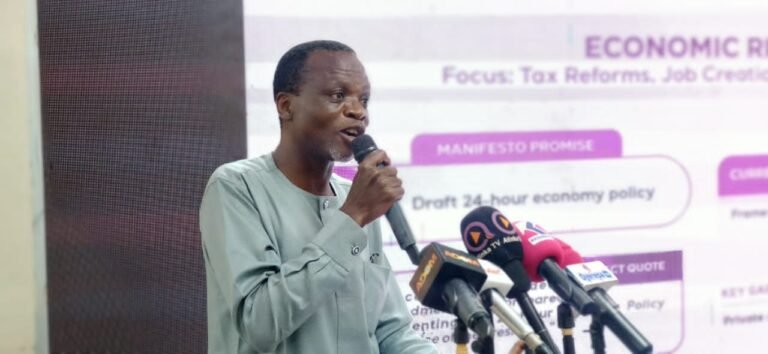
Gabby Asare Otchere-Darko
The publisher of the Daily Statesman, Gabby Asare Otchere-Darko, has urged Tsatsu Tsikata, lead counsel for former President John Dramani Mahama, lead petitioner in the ongoing election petition, to admit that he has been outsmarted by the counsel of the first and second respondents.
Mr Otchere-Darko made the call on the back of counter-arguments made at the Supreme Court over the refusal of the Chairperson of the Electoral Commission, Jean Mensa, to mount the witness box in the election petition hearing.
Taking to his Facebook page, the legal practitioner said the need to call for witnesses is an option a party can decide to exercise or otherwise.
“You do not allege and expect the respondents to make your case for you if they opt not to mount the witness box. Calling of witnesses is an option which a party can choose not to exercise if indeed that party sees it as not necessary.
“Tsatsu should simply admit that he’s been outsmarted! It’s left with populist submissions for the ears of party activists,” he said.
To mount or not
Counsel for the two respondents, President Nana Akufo-Addo and the Electoral Commission, on Monday ended their cross-examination of the three witnesses who testified on behalf of the petitioner following which counsel for the petitioner closed his case.
Subsequently, lawyers for the first and second respondents told the apex court that their clients had decided not to adduce any evidence, and accordingly urged the court to decide the petition on its merit.
Citing Order 36 (4) sub rule 3 of the High Court (Civil Procedure Rule), C.I 47, the EC lawyer, Justin Amenuvor, argued that the rules allow the respondents to decide not to adduce any evidence.
“The case of the first respondent is that we do not wish to adduce any evidence. Our case is closed,” he argued.
On Monday, all three lead counsel in the case took over three hours to make their legal arguments on their reasons why witnesses for the respondents must testify or not.
Lead counsel for the EC, Justin Amenuvor, opening the motion, supported his argument with Section 62 of the Evidence Act, reiterating the argument that the court cannot compel his client to testify against her will.
He further argued that the rules in Order 38 (4)(4) of the High Court (Civil Procedure) Rules, C.I. 47 allowed the EC, which is the first respondent in the petition, not to adduce evidence.
For his part, lead counsel for the President, Akoto Ampaw, in aligning with the argument made by the counsel for the EC, maintained that the burden of proof lies with the petitioner and not the respondents.
He indicated that filing of witness statement does not constitute evidence, until the witness enters the witness box and sworn an oath before it can be deemed as evidence in chief.




